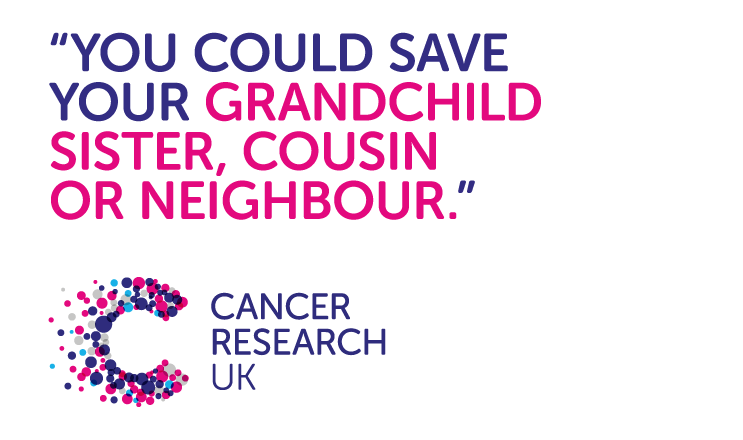Free Will Service - supporting Cancer Research UK
Hindle Campbell Law participate in the Cancer Research UK free Will service to help raise funds to beat Cancer, we can write you a new Will or update an existing one free of charge.
 There are terms and conditions applied to the scheme, your use of our Free Will Service is governed by the following Terms and Conditions.
There are terms and conditions applied to the scheme, your use of our Free Will Service is governed by the following Terms and Conditions.
- You must be aged 18 or over to use the Service.
- For mirror Wills only one person needs to be 18 or over.
- There is no obligation on users of the Service to leave a gift to Cancer Research UK.
- Users of the service are limited to 3 free Will writing consultations under this scheme. This includes new Wills and changes to existing Wills.
- Cancer Research UK reserves the right to withdraw the Free Will Service.
- We understand that you may want your gift to go towards research into a certain type of cancer or to provide support in your local area. We will endeavour to meet this wish as far as is reasonably possible.
Cancer Research UK pays for supporters to write a ‘simple’ Will, mirror Will, single Codicil or mirror Codicil, as this helps to drive income from gifts in Wills by removing the need for supporters to pay for their Will. Cancer Research UK does not pay for more complicated Wills as this would negatively impact the charity’s return on investment beyond its current desire. If the costs of writing your Will exceed this fixed sum you are responsible for the additional amount. When giving instructions to your solicitor you should check that the cost of the Will is covered by the Free Will Service.
Please note your solicitor alone, not Cancer Research UK, has control of and is responsible for preparing your Will.
Hindle Campbell participate in the Free Will Service and are registered and regulated by the Solicitors Regulation Authority* (SRA). Hindle Campbell are independent of Cancer Research UK and participating in the Free Will Service does not imply a recommendation by Cancer Research UK.
There are endless reasons why everybody should have a Will but the following ten reasons are perhaps the most common:
- To ensure your estate passes to the people/charities etc. that you want it to
- Minimise any inheritance tax implications on your estate
- Avoid the Rules of Intestacy governing the distribution of your estate.
- To leave specific items, property or cash amounts to the people of your choice
- If you have step children or have entered into a second marriage
- If you are cohabiting with your partner and also if you are married
- If you have business assets
- To make provisions for your funeral wishes
It is important to make a Will and what better incentive for you to meet and discuss your requirements?



